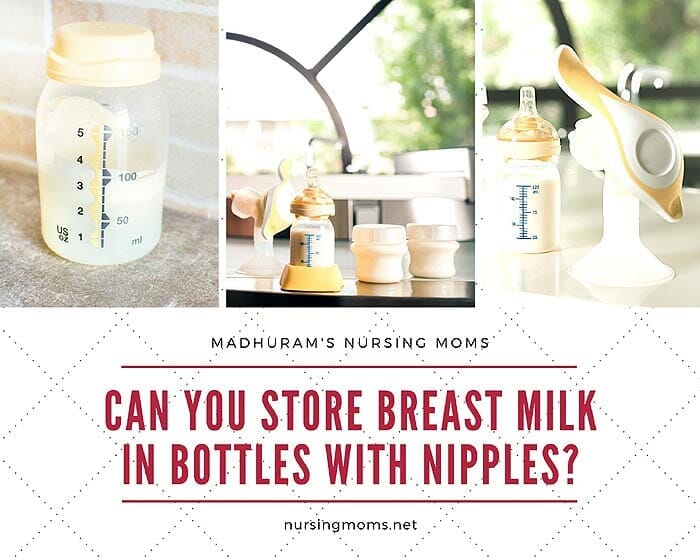
Storing breastmilk is one of the main concerns of nursing mothers. There are several ways of storing breastmilk, and their efficiency will depend on your particular situation. Not all storage ideas and methods will work just as well for all mothers so, it is essential to find what works for you and your baby.
Can you store breast milk in bottles with nipples?
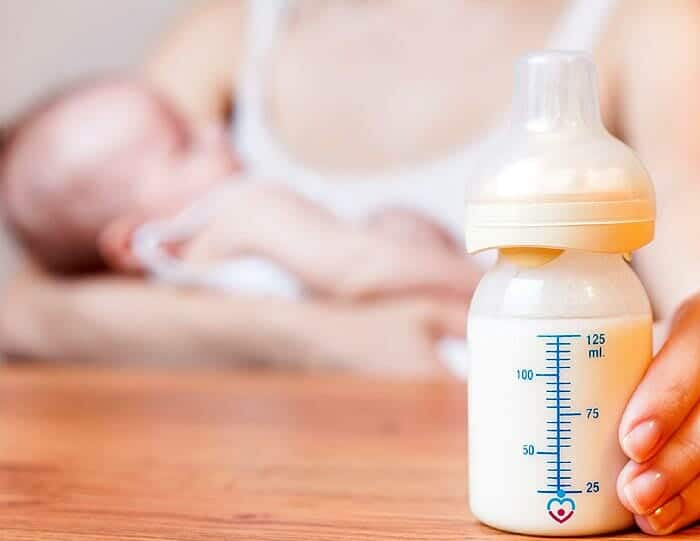
The general rule is that you can't store breastmilk in bottles[1] with just a nipple attached to them and no other extra lid. But some aspects might help you use the same bottles for nursing as you use for storing your breastmilk.
Keep reading, and you will find out everything you need to know about storing breastmilk in bottles with nipples!
Suggested Reading:
![]()
Why Can't You Store Breastmilk in Bottles with Nipples?
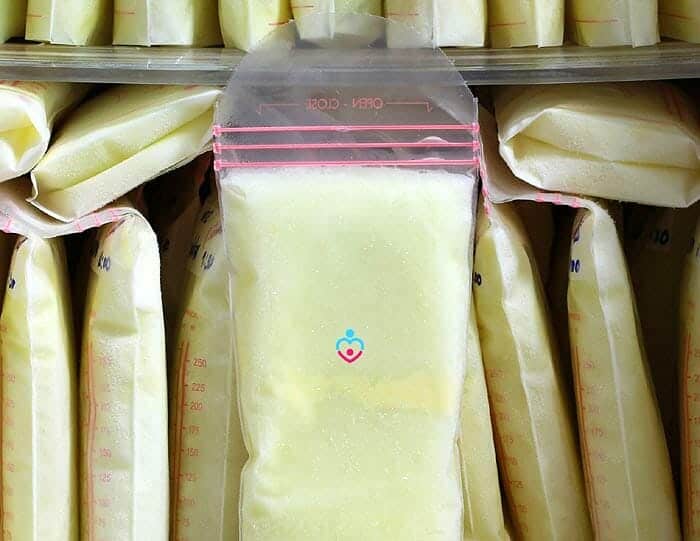
It might seem convenient and easy to store the breastmilk in a bottle with a nipple attached.
- However, this is not safe to store your breastmilk because it creates a perfect environment for contamination factors.
- If you store the breastmilk in a bottle that has an opening, such as a nipple instead of a lid, you will get germs and bacteria inside your breastmilk. Take into account that your refrigerator is not sterile. Your breastmilk will get contaminated for sure if you leave an opening in the container.
- Breastmilk that is not stored in sealed containers such as will get worse faster and change its taste. It is not safe to feed your baby breastmilk stored in a container without a sealed lid!
Suggested Reading:
![]()
How To Use Regular Bottles to Store Breastmilk?
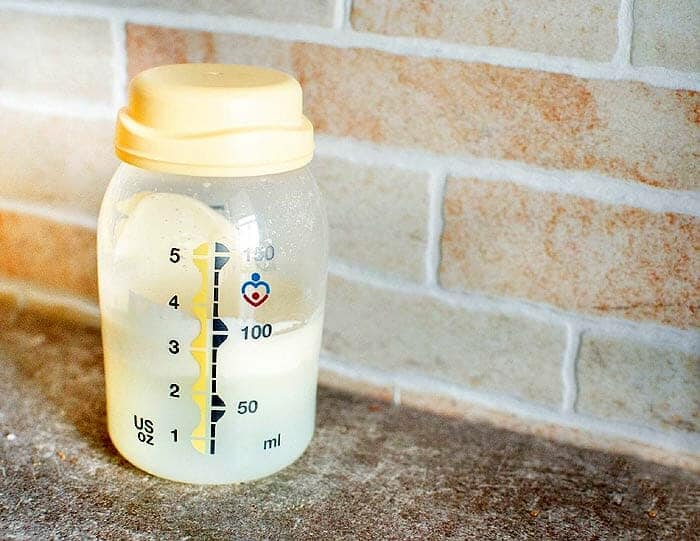
Even if using a bottle with a nipple attached is considered generally unsafe for storing breastmilk, there are still ways you can use your regular bottles for storing your baby's future meals.
Here are two ways to allow you to use your feeding bottles as storage bottles without compromising the quality of your breastmilk!
A) Cover the nipple of your breastmilk bottle with a cap
Most baby bottles come with a nipple lid but also a cap lid that goes over the nipple.
- If you want to use your regular baby bottles to store your breastmilk, you can simply add the other cap on top of the nipple lid. If you do that, make sure the cap will seal the bottle so that no air gets inside of it.
- If your baby bottles don't come with this extra cap, you can always purchase some of these caps as they have a standard size. It is also essential to use bottles made of safe material, like BPA-free plastic or glass.
- These bottles should be intended for baby use only, and you shouldn't use them for anything else.
Suggested Reading:
![]()
B) Replace the nipple with a lid
You might not find a cap that is tight enough to seal your bottle correctly.
- If that is the case, you can always use a different lid, but that will mean replacing the nipple one. This airtight lid might also come with the bottle, especially if you purchase it in a set or invest in it separately.
- All you have to do is add your breastmilk to your regular baby bottle and use the airtight lid instead of the nipple lid.
- Store your breastmilk like that for between four and six hours at room temperature and between four to six days in the fridge.
- Regardless of the conditions in which you store your breastmilk, it is essential not to let it sit for more than the maximum time limit recommended as it can worsen and put your baby in danger.
Suggested Reading:
![]()
Can You Freeze Breastmilk in Bottles with a Nipple Lid?
Freezing breastmilk is a very common storing method and one of the safest ones as well. However, while you can store breastmilk in baby bottles, you still don'twant to do it with a nipple lid.
- When you freeze your breastmilk, you have to ensure the conditions are optimum since it will stay in your freezer for several weeks. The main reason for freezing breastmilk is to keep it suitable for a much longer time than it would stay in the fridge. To do that, you will have to seal the containers with airtight lids, so no bacteria get inside your breastmilk.
- If you freeze your breastmilk using baby bottles, you can apply an extra cap over the nipple or simply replace the nipple lid with an airtight lid.
- It is also essential to always use baby bottles from BPA-free materials if you are planning to use them for freezing breastmilk. Glass bottles tend to be the most appreciated for storing breastmilk.
- However, a significant disadvantage of glass bottles is that they will break easier, which might be a stressful hazard to deal with daily.
Suggested Reading:
![]()
When it comes to storing breastmilk for your baby's future meals, you can't take any risks. Your baby has a sensitive body, and its immune system is not developed enough, so you can't take any risks.
Your main concern should be to not allow bacteria or germs to get inside the breastmilk bottle. With this aspect in mind, using only a nipple lid is not a safe idea. But you can still use your regular bottles by applying one of the methods we presented above.
![]()




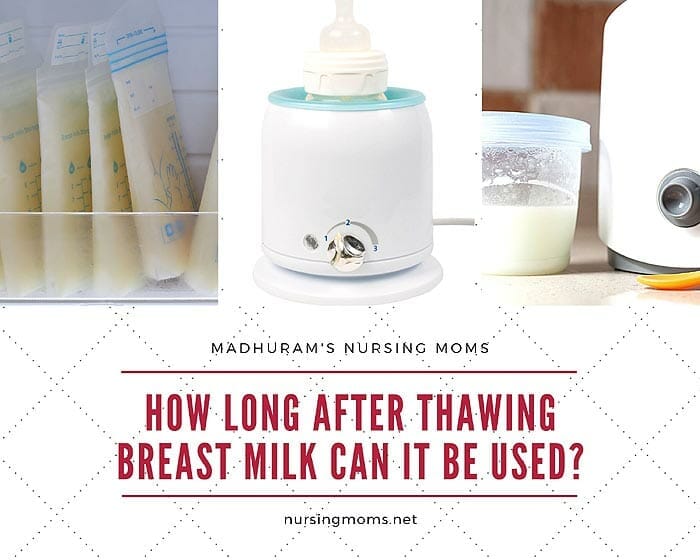
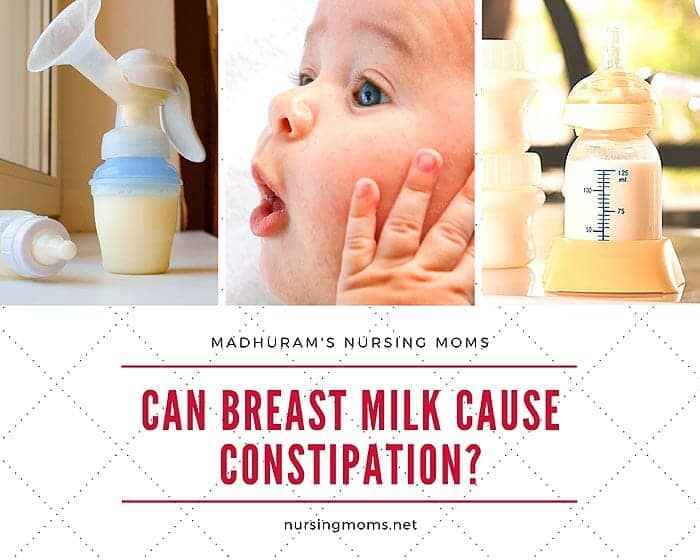
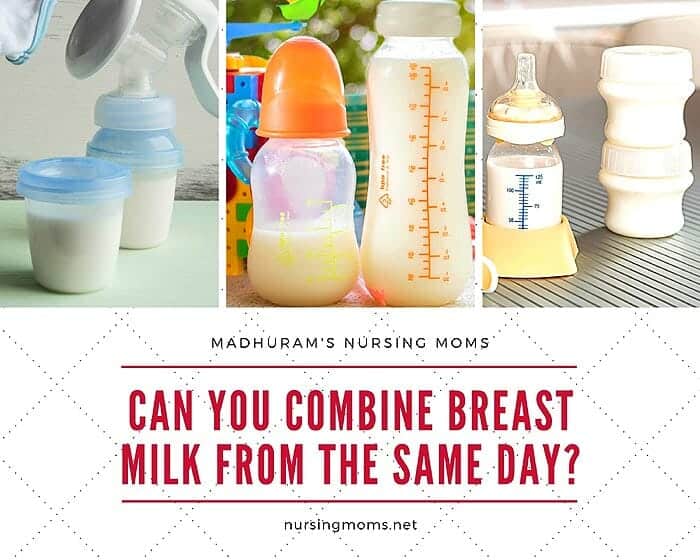
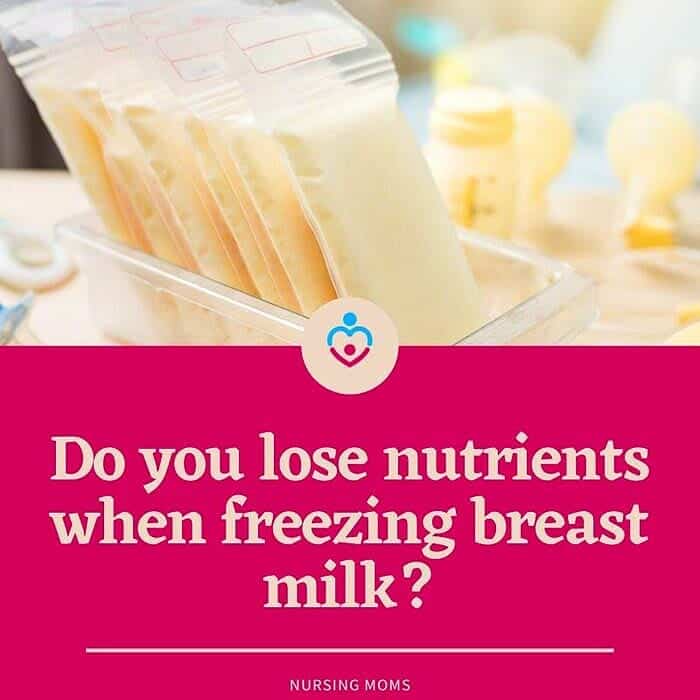
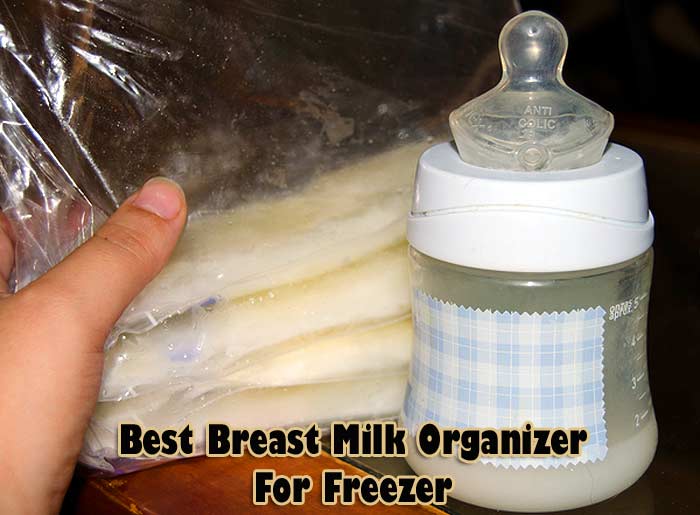

Leave a Reply